Moving on from Ladakh
India-China relations can enter a new chapter if bilateral negotiations progress beyond a talk show, and move the focus from borders to business linkages.
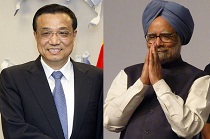 Courtesy: WikimediaCommons
Courtesy: WikimediaCommons
India-China relations can enter a new chapter if bilateral negotiations progress beyond a talk show, and move the focus from borders to business linkages.
 Courtesy: Flickr/CreativeCommons
Courtesy: Flickr/CreativeCommons
In the coming decade, India and China are set to achieve a historic $100 billion bilateral trade volume. But India’s concerns over growing trade imbalances and market access need to be addressed so that the two neighbouring economies can forge a more sustainable and mutually beneficial partnership
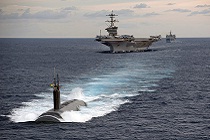 Courtesy: U.S.Navy Imagery/Flickr
Courtesy: U.S.Navy Imagery/Flickr
An understanding between China and India not to develop a permanent presence on each other’s maritime territories may be helpful in reducing tensions between the two navies. Given the broader context of Sino-Indian strategic rivalry, however, this seems unlikely.
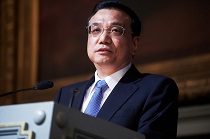 Courtesy: friendsofeurope/flickr
Courtesy: friendsofeurope/flickr
Chinese Premier Li Keqiang’s visit to India is likely to include an empty shopping basket of opportunities that keep domestic Chinese consumers content. Mr. Li should encourage Indian companies to fill that Chinese consumer need, and additional concessions may, if handled correctly by India, be sought as a result.
 Courtesy: Wen-Yan King/Flickr
Courtesy: Wen-Yan King/Flickr
India should recognise the importance of Tibetans for India’s security. Security in the Himalayan borderlands does not come only from only a military build-up in which India cannot surpass China, or new border infrastructure, but also from the pro-India sentiments of its inhabitants.
 Courtesy: DVDSHUB/Flickr
Courtesy: DVDSHUB/Flickr
India and China have divergent approaches to terrorism emanating from Pakistan. How can New Delhi prod Beijing to act on its concerns about the terrorist infrastructure in Pakistan?
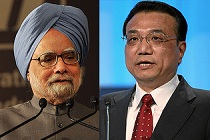 Courtesy: Flickr/CreativeCommons
Courtesy: Flickr/CreativeCommons
Chinese Premier Li Keqiang’s visit to India next week is unlikely to fast-track a resolution of the Sino-Indian territorial dispute. Li may suggest confidence-building mechanisms on the border, but these proposals need scrutiny. China’s border agreements with other neighbours are indicators of what India can expect
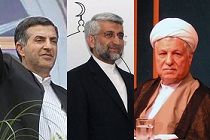 Courtesy: WikimediaCommons
Courtesy: WikimediaCommons
The 11th Presidential election of Iran will be held on June 14, 2013. Why will this election be a test for the Islamic Republic’s stability? What are the factors at play that make this election critical; and more importantly, why must India monitor it closely?
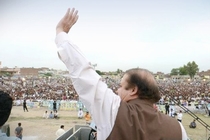 Courtesy: Martin H./WikimediaCommons
Courtesy: Martin H./WikimediaCommons
Will former Pakistani Prime Minister Nawaz Sharif prove to be his country’s saviour, one that can make Pakistan the ambitious transit economy it can be? However, the most needed and least controversial angle from which India and Pakistan’s new government can begin to engage is through business and trade.
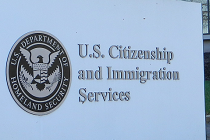 Courtesy: Xavier de Jauréguiberry/flickr
Courtesy: Xavier de Jauréguiberry/flickr
The proposed immigration reform bill, currently being debated in the U.S. Congress, contains provisions to penalize Indian IT companies for allegedly misusing the H1-B and L1 visas. How can New Delhi tackle this rising U.S. sentiment against Indian companies?